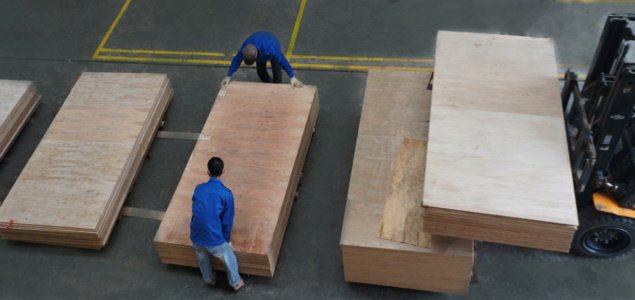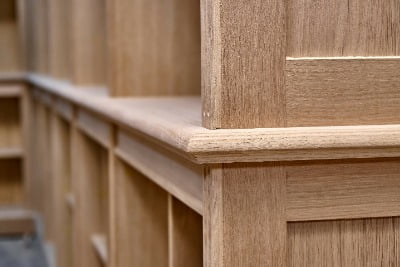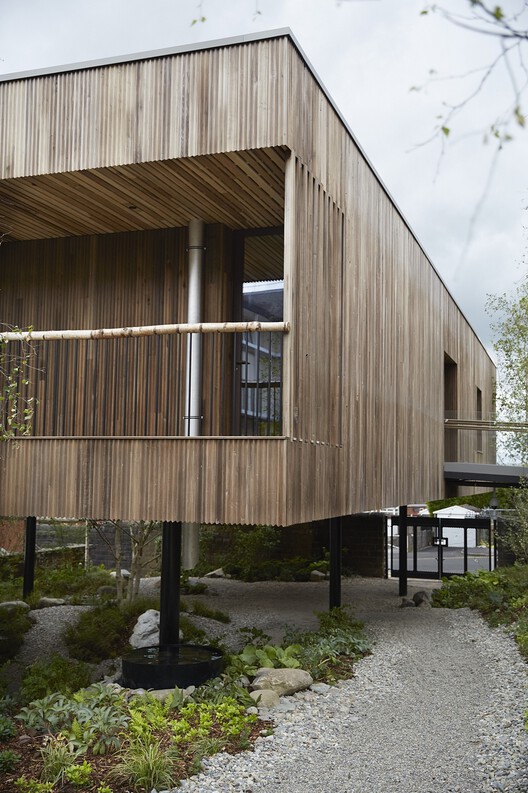The Sarawak Timber Association (STA) from Malaysia has taken significant strides in promoting environmental compliance among its members, as highlighted in the November issue of the STA Review. The report delves into the outcomes of two pivotal pilot projects focused on environmental compliance audits (ECA) and the collaborative efforts between STA and the Natural Resources and Environment Board (NREB) to refine and reinforce the Guidelines for the Natural Resources and Environment (Audit) Rules, 2008 (NRE (Audit) Rules, 2008).

Key Workshop Objectives:
The joint workshop organized by NREB and STA aimed to revisit and enhance the findings from the ECA pilot projects.
This process included a thorough examination of updates related to the PEFC Chain of Custody standard, the PEFC Trademarks standard, and MTCS documents.
Notably, the Malaysian Timber Certification Council (MTCC) emphasized the impending transition to the PEFC ST 2020 by December 31, 2023, with certificates not fully transitioned by January 1, 2024, facing automatic status updates to “expired” on the PEFC database.
Capacity-Building Efforts:
The report underscores the long-standing collaboration between STA and NREB, involving extensive training sessions to prepare STA members for the complete implementation of the NRE (Audit) Rules.
Through these efforts, 112 internal environmental auditors and 95 personnel in environmental quality monitoring have been trained, reflecting a commitment to building capacity and expertise within the industry.
Impact of NRE (Audit) Rules:
The NRE (Audit) Rules, 2008, were designed to compel project proponents to conduct internal ECAs, thereby enhancing accountability in adhering to Environmental Impact Assessment (EIA) Terms and Approval Conditions.
The pilot projects revealed positive outcomes, with stakeholders acknowledging the improvement in environmental stewardship among project proponents, leading to enhanced compliance with EIA terms and approval conditions.
Challenges and Recommendations:
Despite the positive strides, challenges such as the frequency of internal and external ECAs and concerns about professional audit fees under the Malaysian Timber Certification Scheme (MTCS) were identified.
The report details a briefing session held by MTCC for PEFC Chain of Custody certificate holders, addressing concerns related to the European Union Deforestation Regulation (EUDR) and updating participants on MTCS implementation.
Call for Transparent Fee Structure:
Participating companies urged NREB to develop a transparent fee structure matrix to streamline and clarify charges associated with ECA.
This recommendation aims to ensure a smooth transition towards self-regulated compliance without hindrance from high costs.
The November review encapsulates the dedication of STA and NREB in fostering environmental compliance within the timber industry. With positive outcomes from the pilot projects and ongoing collaborative efforts, the Sarawak Timber Association is poised to play a pivotal role in shaping sustainable practices and accountability in the region.
Source: Fordaq.com




